Optimal Timing for Waterproofing Applications
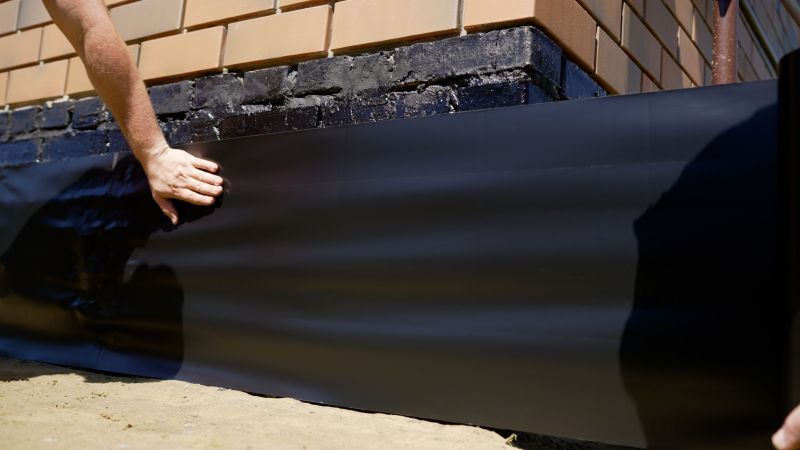
Dry conditions ensure optimal adhesion and curing of waterproofing materials, reducing the risk of failure.
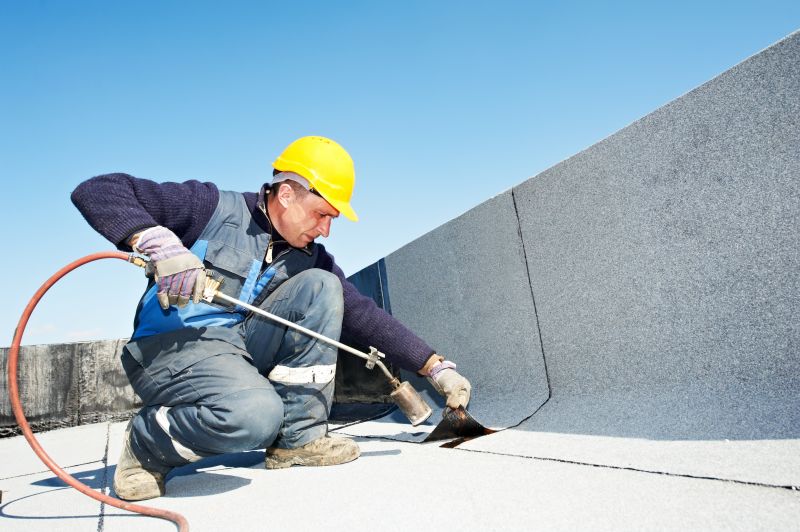
Applying waterproofings during rainy periods can lead to incomplete curing and compromised effectiveness.
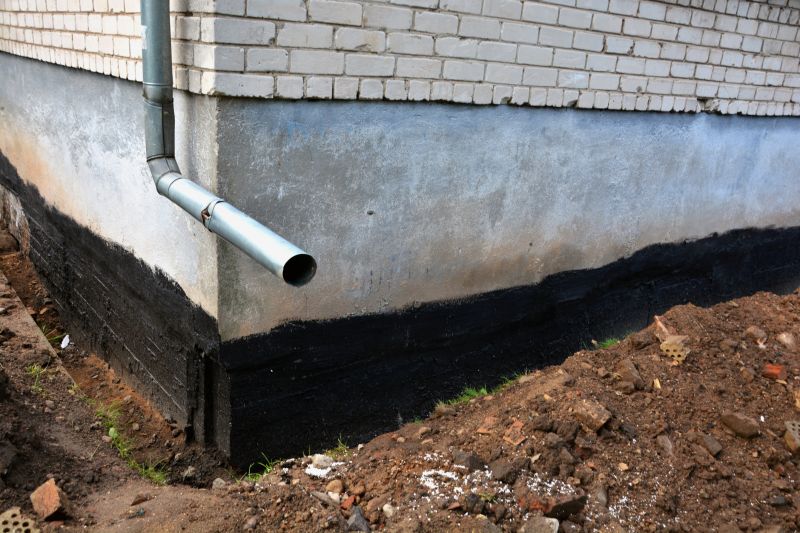
Spring and fall often provide moderate temperatures and low humidity, ideal for waterproofing projects.
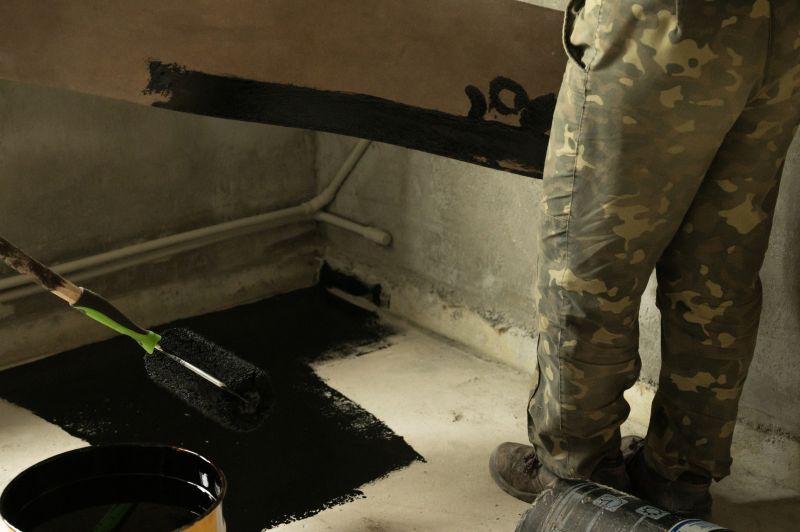
Ways to make Waterproofings work in tight or awkward layouts.
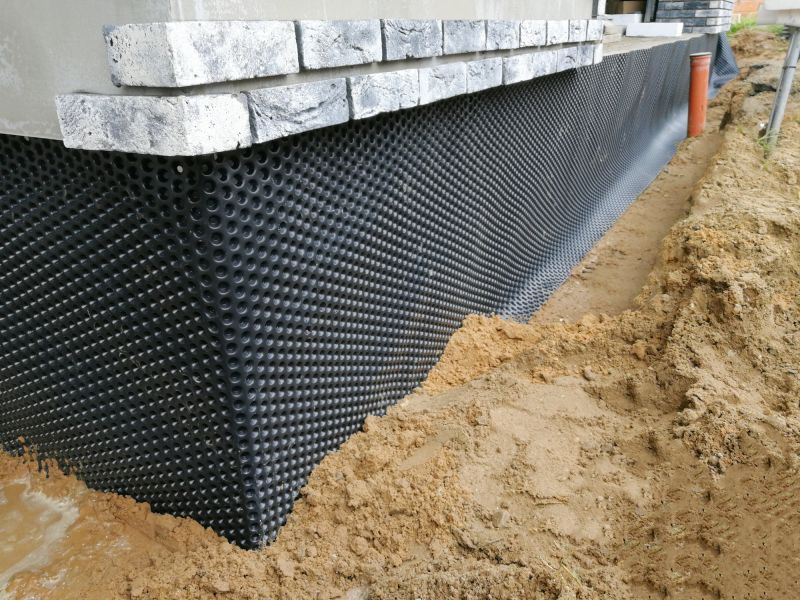
Popular materials for Waterproofings and why they hold up over time.
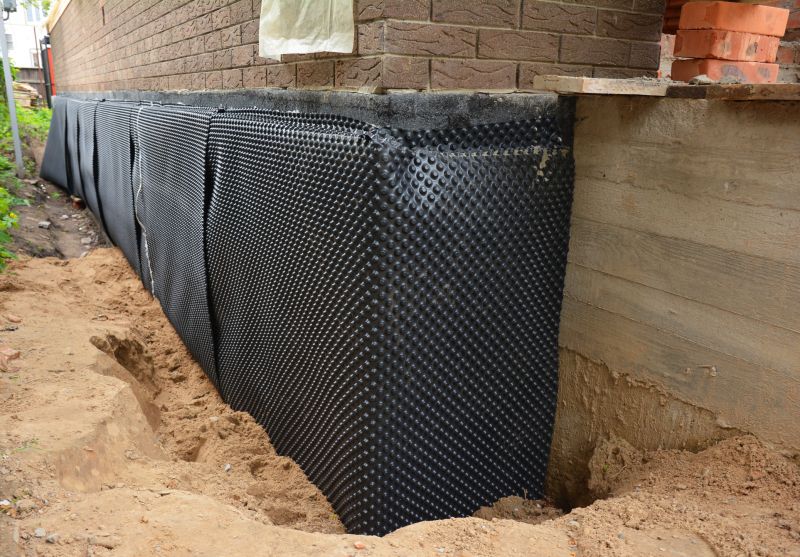
Simple add-ons that improve Waterproofings without blowing the budget.
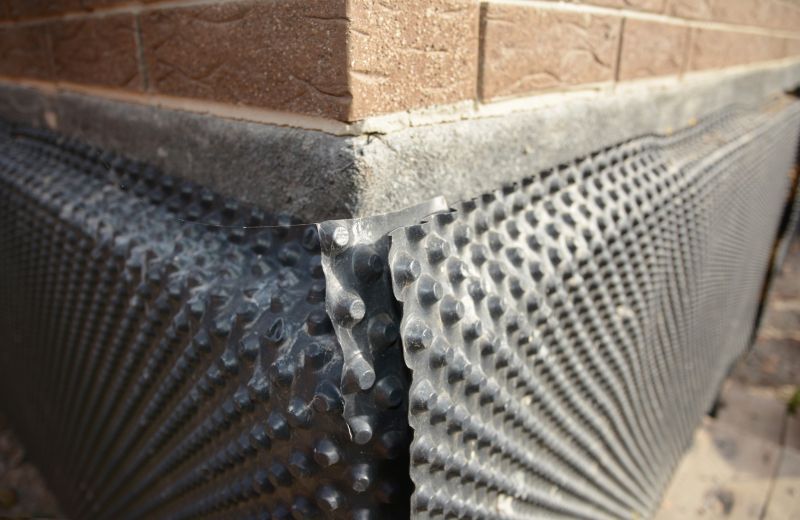
High-end options that actually feel worth it for Waterproofings.
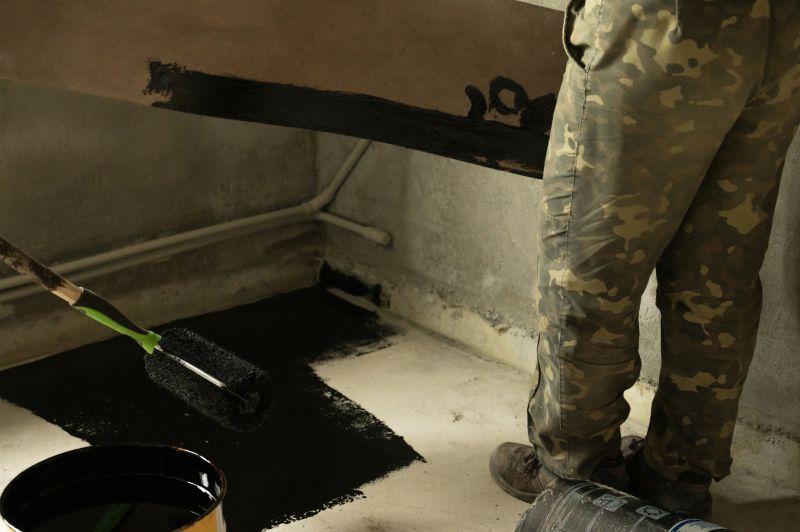
Finishes and colors that play nicely with Waterproofings.
Waterproofings are essential for protecting structures from water intrusion, which can cause damage, mold growth, and structural deterioration. Proper waterproofing extends the lifespan of buildings and reduces long-term maintenance costs. It involves applying specialized materials to surfaces such as roofs, foundations, basements, and walls to prevent water penetration. The effectiveness of waterproofing depends on choosing the right materials and applying them under suitable weather conditions.
Timing waterproofing during warm, dry months enhances material performance and durability.
High humidity and rain can interfere with the curing process, leading to compromised protection.
Proper surface cleaning and dry conditions are crucial before application for optimal results.
Applying waterproofing at the right time can extend its lifespan and reduce future repairs.
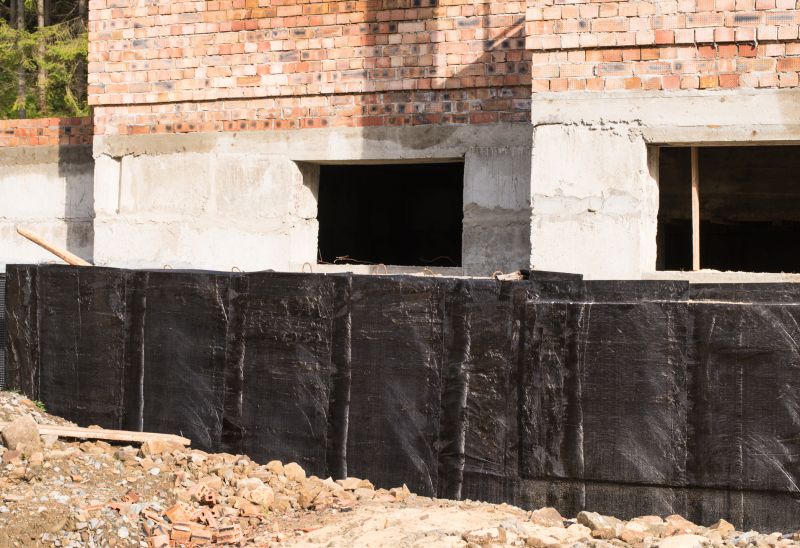
Application of waterproof membranes on building foundations.
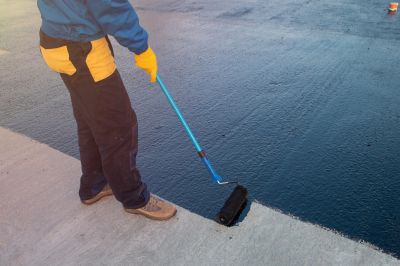
Applying coatings during a clear, dry day.
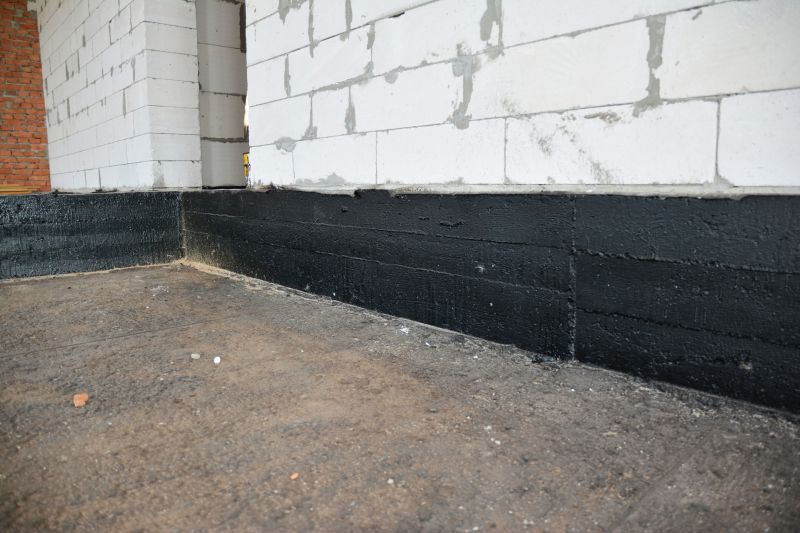
Finished waterproofing on a basement wall.
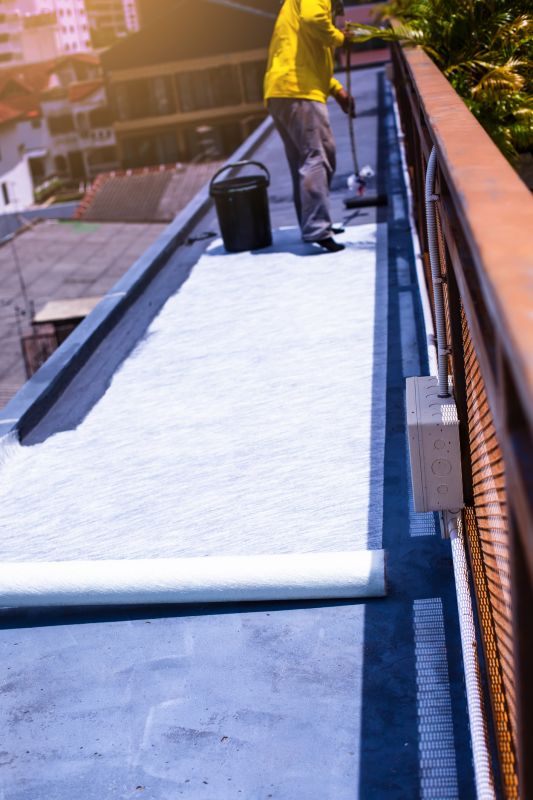
Scheduling waterproofing projects in favorable weather conditions.
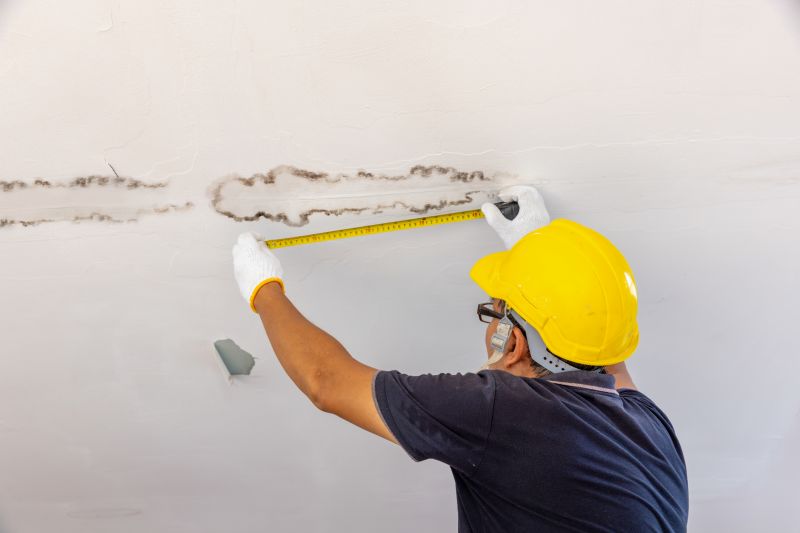
Little measurements that prevent headaches on Waterproofings day.
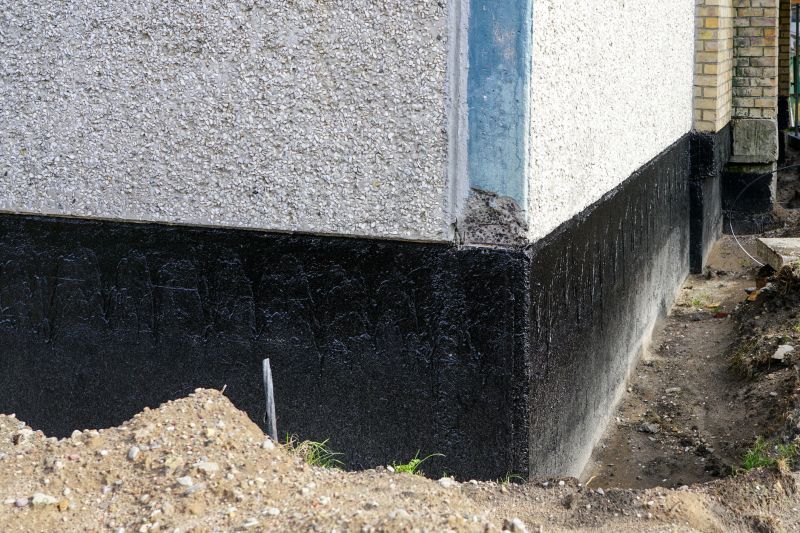
A 60-second routine that keeps Waterproofings looking new.
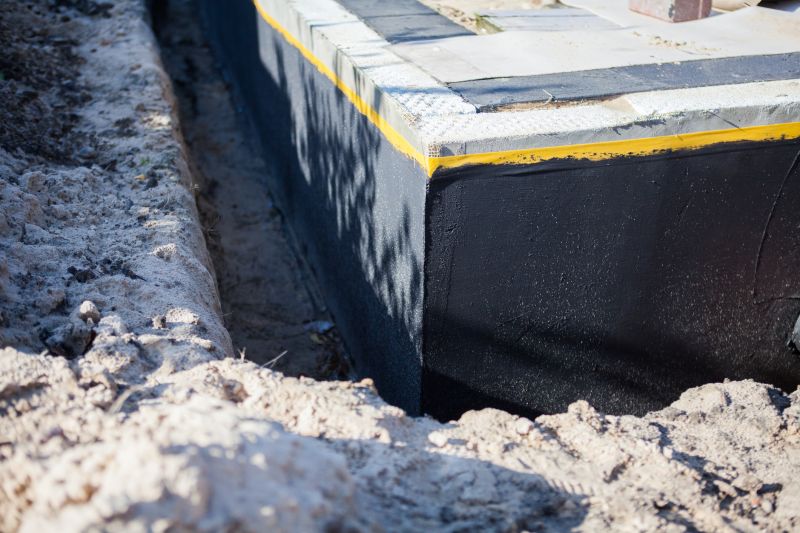
A frequent mistake in Waterproofings and how to dodge it.
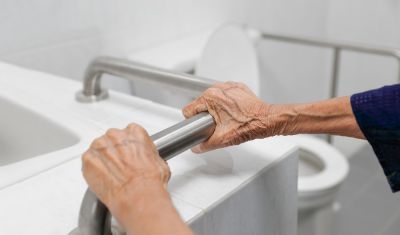
Small tweaks to make Waterproofings safer and easier to use.
| Season | Optimal Conditions |
|---|---|
| Spring | Moderate temperatures, low humidity, dry days |
| Summer | Warm with low humidity, avoid peak heat hours |
| Fall | Cooler temperatures, dry weather |
| Winter | Not recommended due to cold and moisture |
Choosing the right time for waterproofing projects ensures maximum effectiveness and longevity. Proper scheduling minimizes the risk of application failures caused by weather conditions such as rain, high humidity, or extreme temperatures. Consulting with waterproofing professionals can help identify the best windows for application based on local climate patterns.
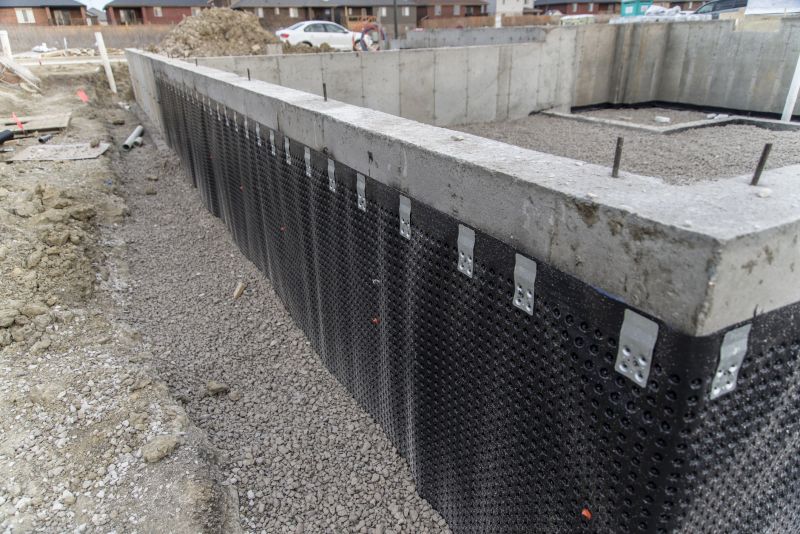
Various membranes and coatings suited for different weather conditions.
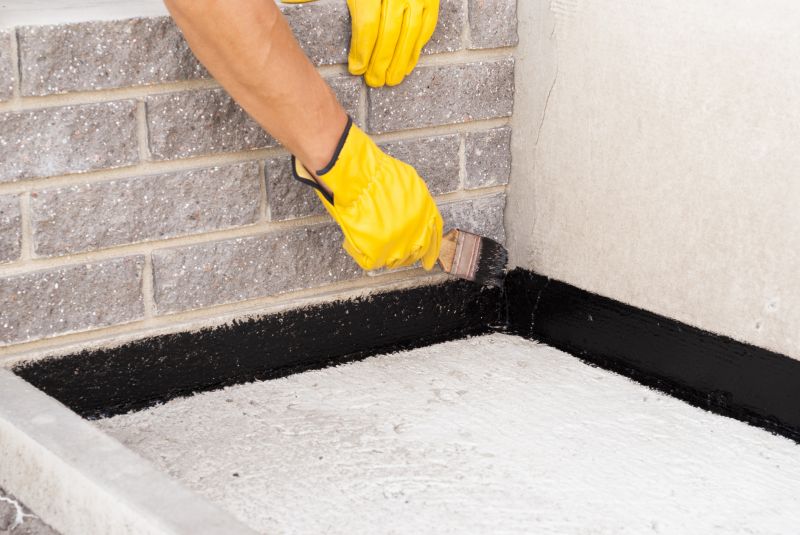
Tools used for applying waterproofing layers efficiently.
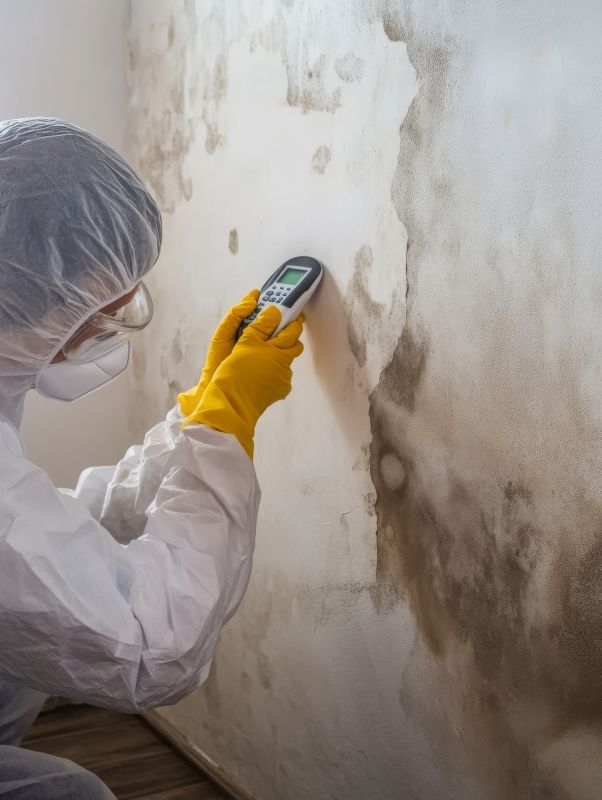
Assessing weather conditions before scheduling waterproofing work.
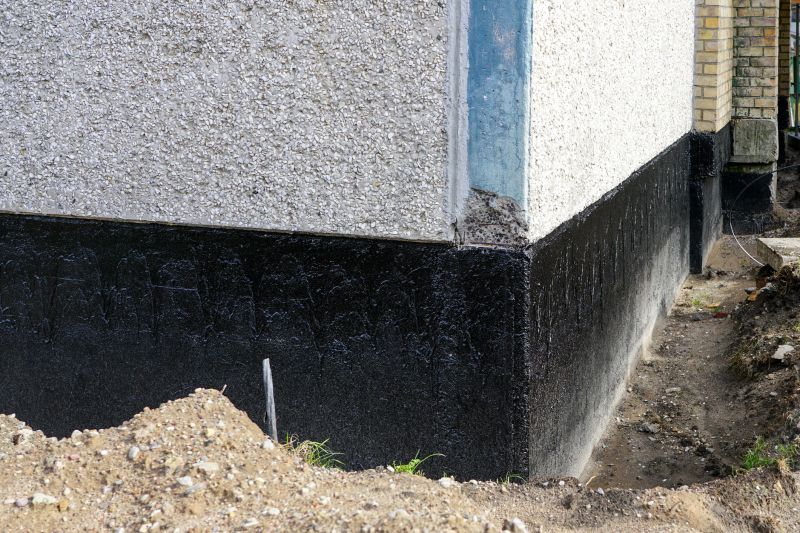
A well-applied waterproof layer on a building exterior.
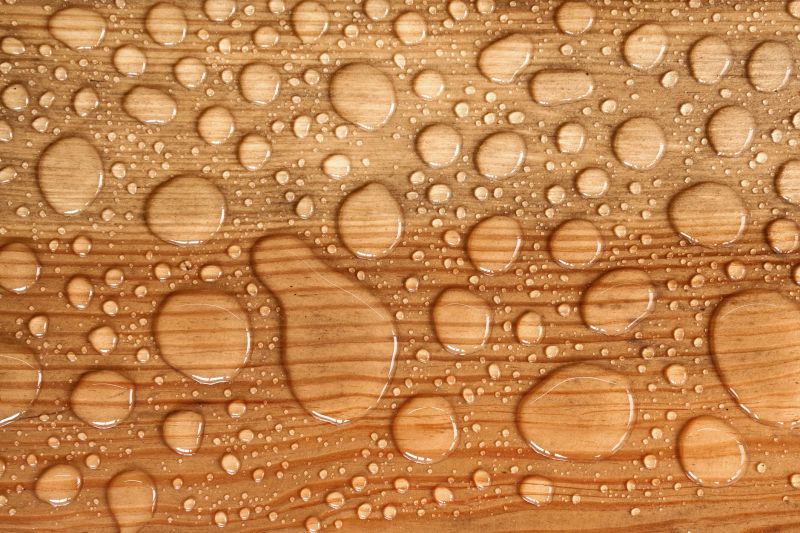
Lower-waste or water-saving choices for Waterproofings.
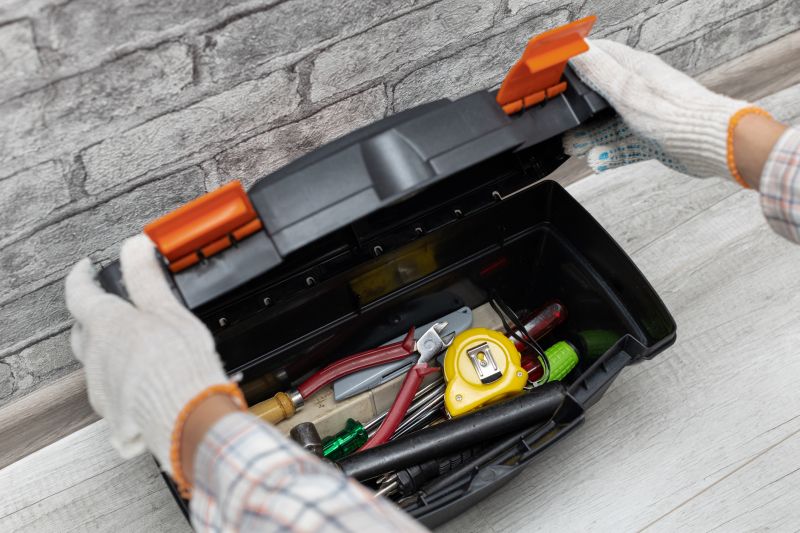
The short, realistic tool list for quality Waterproofings.
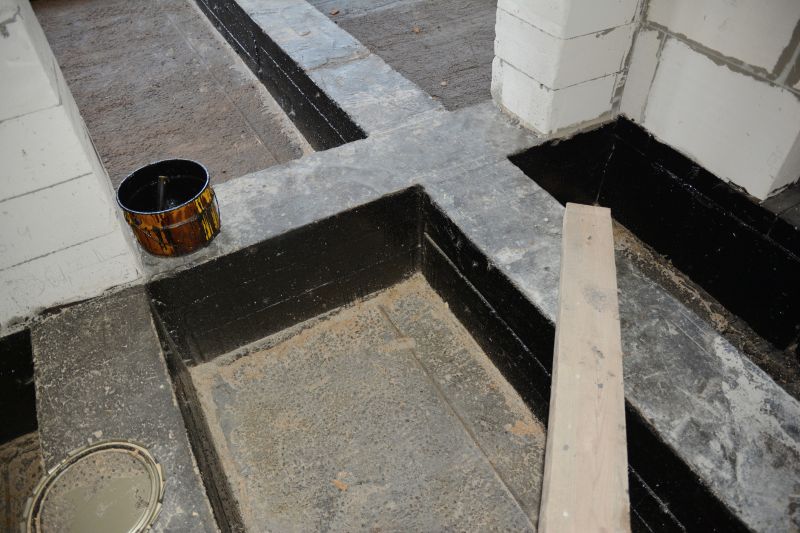
Rough timing from prep to clean-up for Waterproofings.
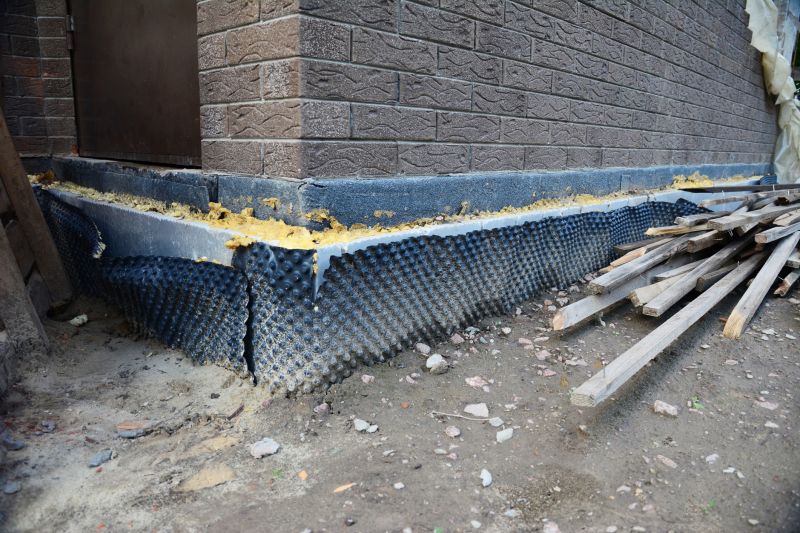
Quick checks and paperwork to keep after Waterproofings.
Proper timing for waterproofing not only enhances performance but also contributes to cost savings by reducing the need for future repairs. It is advisable to plan waterproofing projects during seasons with stable weather to ensure the best results and durability of the waterproofing membranes.
Interested in waterproofing services? Filling out the contact form can provide more information on scheduling and suitable options for specific structures and locations in Frankfort, KY.

